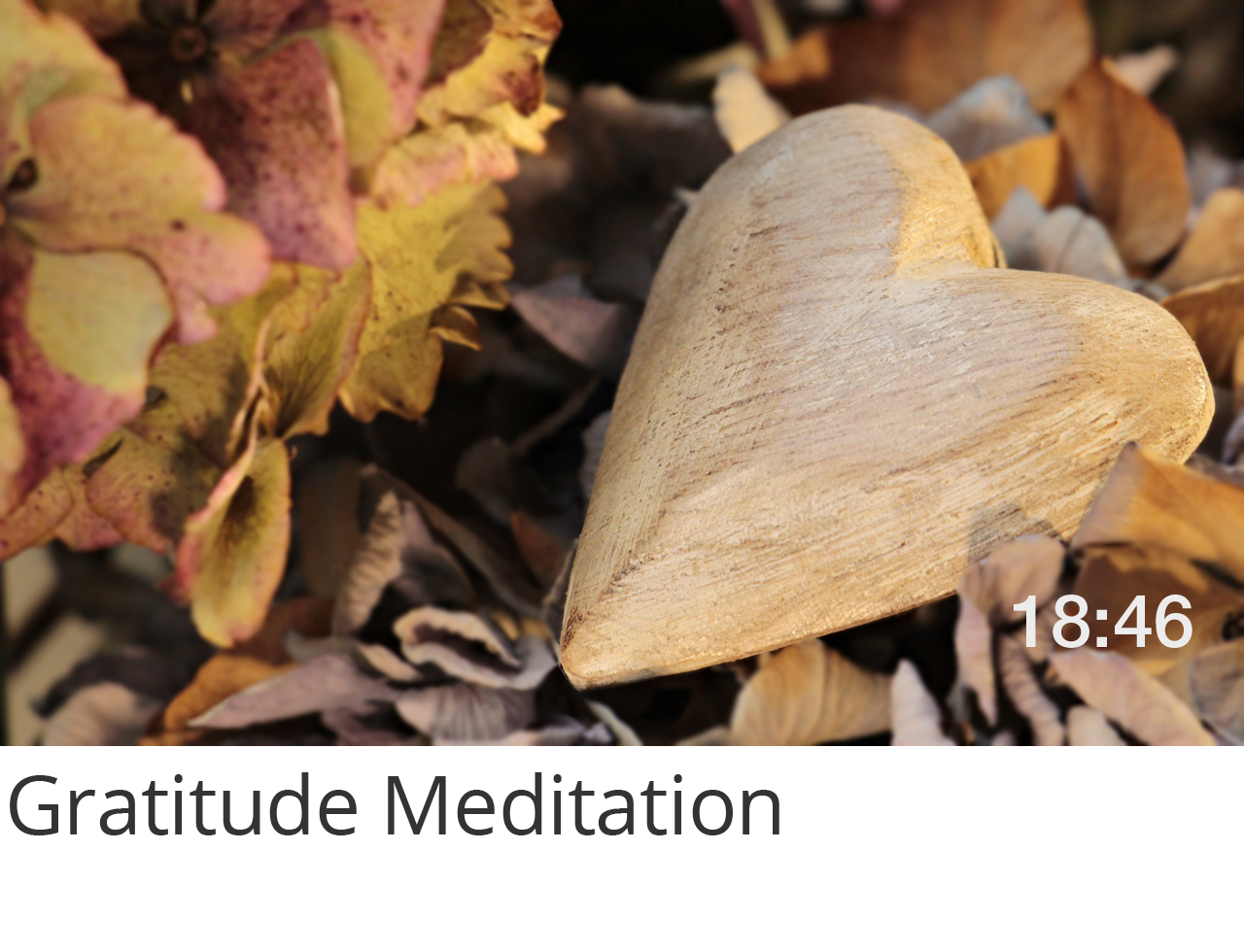The local-global balance is essential for ensuring that individuals and communities can thrive and become authentically self-realised, while maintaining connectivity on a global scale to support this. Unfortunately, the art of creating this balance is poorly understood, and sometimes is disregarded entirely—resulting in the stunting of self-development; the weakening or loss of local communities, local economies, and local ecosystems; the adoption of an homogenised mass culture; the dominance of global big business; and the advance of global systems of centralised power.
While the blessings of modern technology allow us to be connected instantaneously across the world, creating the possibilities for global cooperation, global awareness, and global communication, such blessings can hide the destructive or misguided use of global forces and the loss of local power and integrity that is at the root of the social, economic, and ecological crises that we face. The need for understanding and redressing the local-global balance to serve our authenticity has now become critical.
What Does the Ideal Local-Global Balance Look Like?
Global connections should always serve—rather than undermine—authentic local identity, values, and needs. For this reason, centres of information, communication, power, production, and distribution are best located locally in the heart of the community they are designed to serve. These local centres can then link regionally, nationally, and globally—in that order of priority—in a non-hierarchical network of support to ensure that the local-global balance is preserved. This global network is important to exchange information; to cooperate on regional, national, and global projects; and to ensure that surpluses in one community, region, or nation can be shared to balance the deficits in another.
Social organisation has to be rooted in the true selves of individuals and their local community and local economy in order for local needs to be realised and met. When this is the case, social and economic structures are created within the local community based on local investigation of authentic needs, local decision-making, and individual self-inquiry. For example, individuals can discover their own authentic needs through mindfulness and self-inquiry, can discover local community needs through local community meetings and genuine face-to-face interactions, and can discover local ecological needs by developing an ecological relationship with their local bioregion. The social and economic structures that are then created—such as community networks and gatherings, community action groups, local economies, and gift circles—will always be responsive to local needs. Such local structures should be fully inclusive of local community people.
The need for global connection should then inform the wider networking of local communities and individuals, but never serve as a reason for globalisation or hierarchy. Local decision-making, local values, and individual self-inquiry should always remain intact when regional, national, and global connections are formed. Global connectivity is then about the non-hierarchical cooperation of localities with each other for sharing information, support, and resources, without displacing local decision-making, local self-resourcefulness, or local autonomy. A global economy should be completely separate from local, regional, and national economies to avoid draining money from local economies or creating unsustainable capital flows—which means using a different currency—and should only be used as a last resort when authentic needs cannot be met locally, regionally, or nationally. The same economic principle can be applied nationally and regionally.
Lessons to Learn: When the Global Usurps the Local
When social organisation is not rooted in the local community and its local economy, but is a general formula (policy) imposed on a locality from above, local needs fail to be met and local communities and their ecosystems start to suffer and disintegrate. Why? Because local decisions can only be made locally by local people who have the local knowledge and know best about their authentic needs as individuals and as a community. The existence of a downtrodden underclass, large pockets of poverty, crime, antisocial behaviour, social exclusion, apathy, loss of community, and ecological breakdown are all a result of local needs being unmet and sacrificed for the agendas of larger systems such as the global economy, the State, or political superstates. This is really an elementary principle that is so often ignored in mass society, but is the hallmark of competent and effective social organisation.
When local needs are not met, people end up not fulfilling their true life purpose and potential, and react by getting frustrated, suffering emptiness and pain, or dissociating into distracting addictions, preoccupations, and entertainment. Physical and mental health will also suffer as people try to adapt and conform to ways of living that are not authentic and are in conflict with their true nature. The frustration of unmet needs, without the support of authentic local community, and without articulation, can often distort self-corrective impulses, which then manifest as aggression, violence, and other forms of criminal and antisocial behaviour.
The imposition of ideas, values, and decisions upon a locality from above erode self-sufficiency and autonomy, and create a vacuum locally that is then filled with apathy and frustration that we then try to numb out from with endless distractions and addictions. When we cannot think and decide for ourselves on matters of our own living and social organisation, it is not surprising that apathy results as our contribution to our life purpose becomes radically curtailed, along with our life choices.
The dissemination of cultural values through the mass media generates a manufactured mass culture for mass society, displacing and obscuring the authentic values of individuals and their local community. These disseminated values champion the causes of the monolithic structures of mass society—the global economy and political hierarchy—and uphold the spectacle of materialism and its associated practices of mass consumption, which serve to drain money and energy from local people and their communities into big business and banks.
The symptoms of local-global imbalance are all around us. Political superstates; multinational corporations and billionaires that dwarf the wealth of entire nations; global banking systems; mass commodities; mass culture; mass media; celebrity worship; mass deforestation; and the loss of local community, local diversity, and individual authenticity.
We need only to follow the flow of money to understand what is happening. For example, when global entertainment shows in Hollywood repeatedly gross hundreds of millions of dollars, we just need to ask ourselves: where is that money being drawn from? Why are hundreds of millions of dollars repeatedly flowing out of the world’s communities into a global centre of entertainment? The answer may be because our local sources of entertainment, joy, and fulfilment are impoverished by the breakdown of local community, and because our own true self is lost amid our dissociative pursuit of distraction and our susceptibility to the mesmerising and addictive power of the heavily funded entertainment industry.
Begin With Mindfulness
Redressing the local-global balance begins with mindfulness—the practice of consciously directing our attention on our inner and outer experience in the present moment, without reactivity or distraction. The tendencies to dissociate, fall into trance, get distracted, hold limiting and distorted beliefs, and think and behave reactively are at the root of apathy, disabling addictions, and unquestioned conformity to the status quo. Mindfulness brings our attention back to the centre of our true self, so that we are not trapped in these patterns and can begin to do service to our authentic needs. Mindfulness restores positive vision and enables us to make best use of our energy so that we can be the change.
Like this article? Spread the word by sharing the link.







